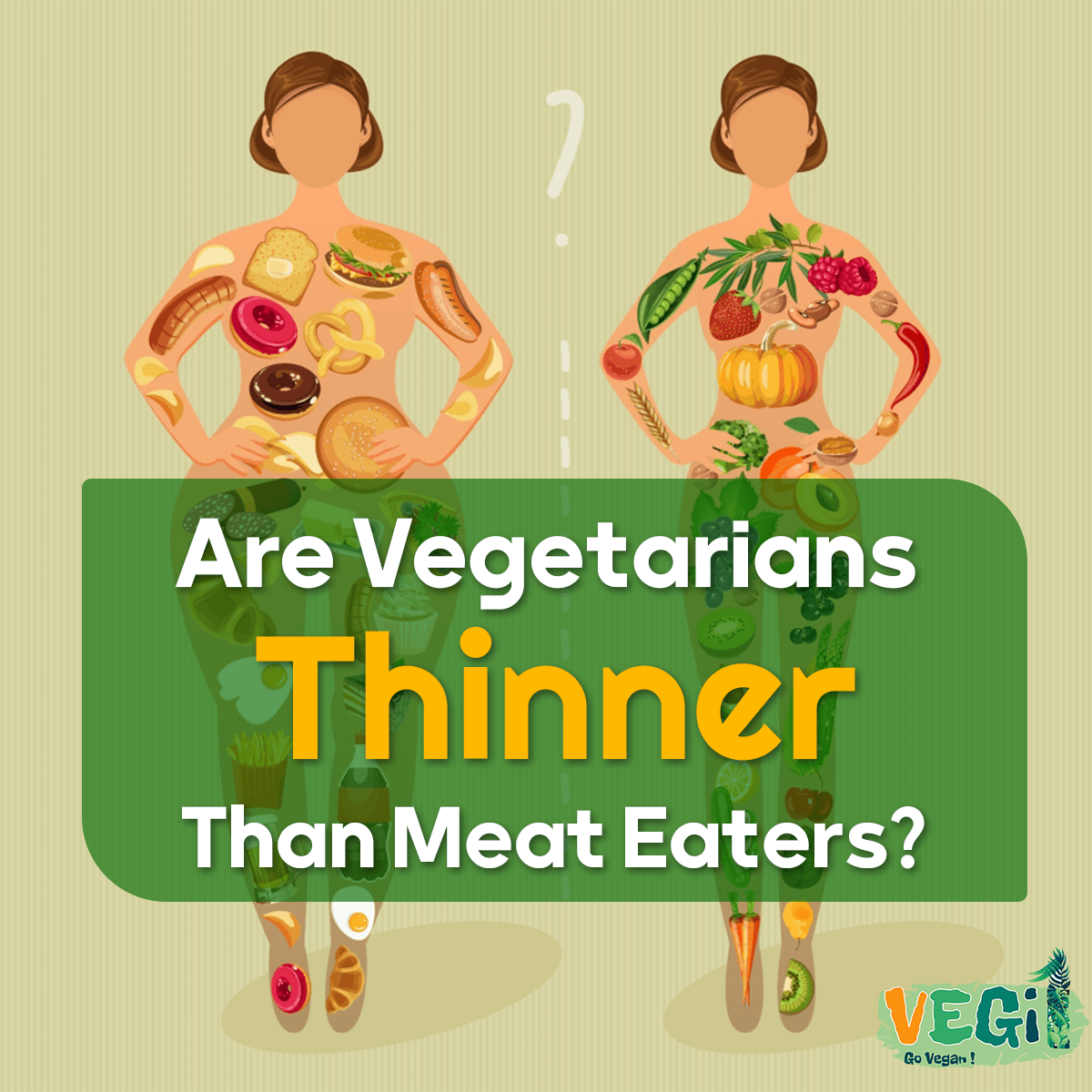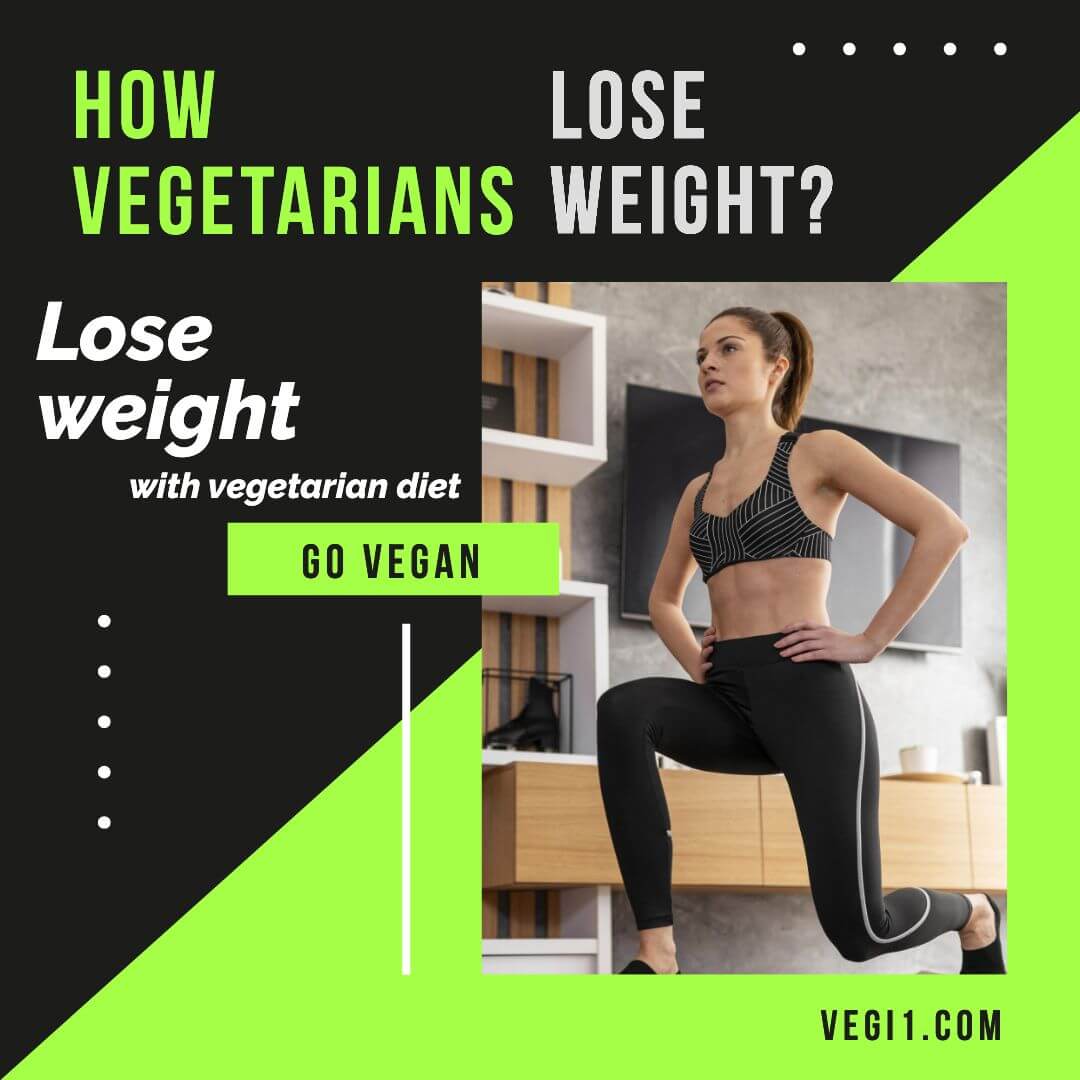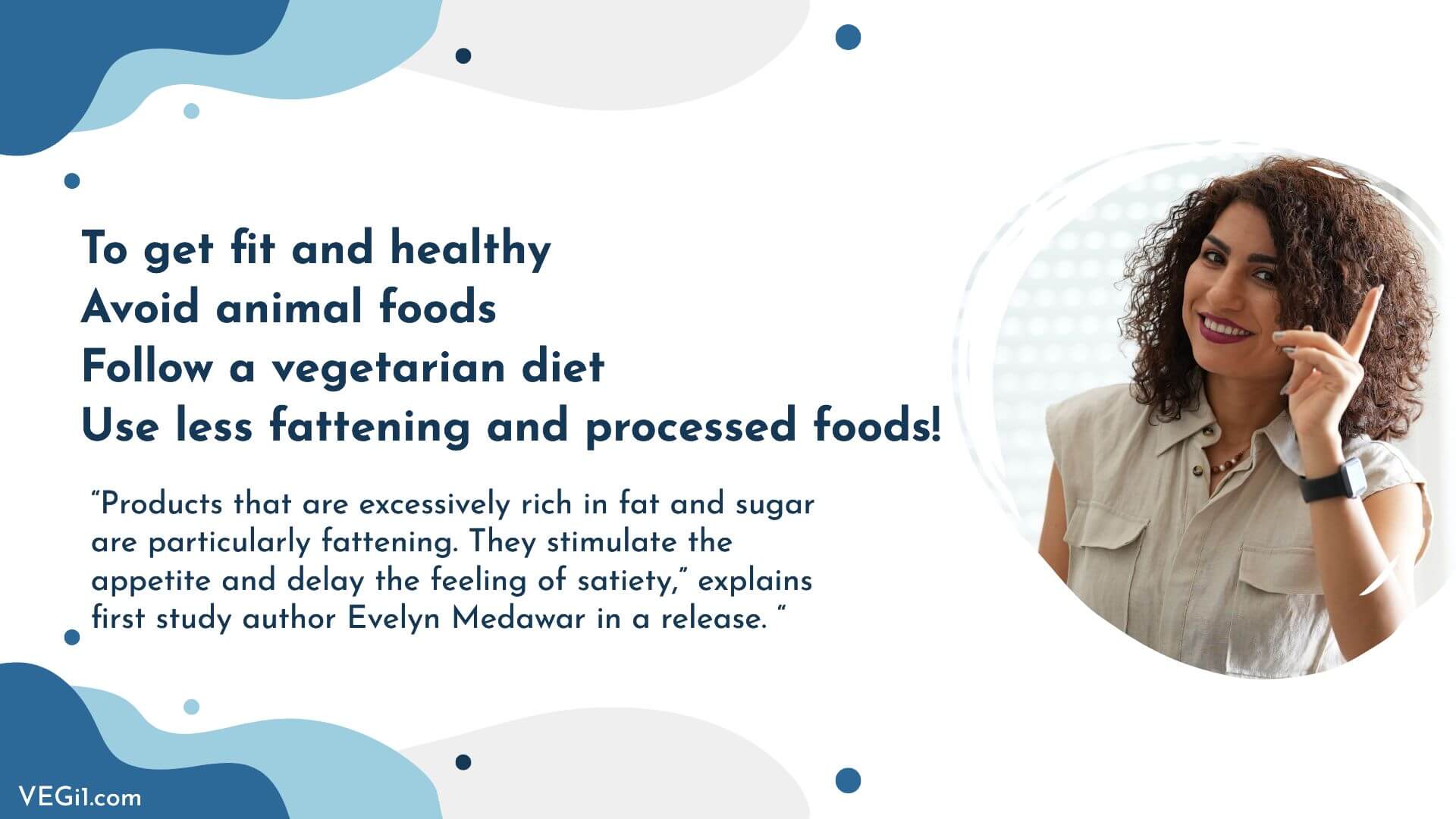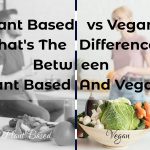Veggies vs. Meat: Are Vegetarians Thinner Than Meat Eaters?

The Truth About Vegetarians: Are They Thinner Than Meat Eaters? I’m a Vegetarian and I’m Thinner Than My Meat-Eating Friends! The Debate Rages On… 🌱VEGi1
The relationship between vegetarianism and body weight has been the subject of much research and debate. On one hand, numerous studies have found that vegetarians are thinner than non-vegetarians. On the other hand, many other studies have found little or no difference. What’s the truth? Do vegetarians have a lower body weight than meat-eaters? And if so, is it because they’re eating less meat?
These articles explore the various studies on this topic with the goal of helping you to make informed decisions regarding your own diet.
Vegetarians eat less meat than non-vegetarians. A recent meta-analysis of studies on the relationship between vegetarian diets and body weight found that in most studies, vegetarians are thinner than non-vegetarians. They also have a lower risk of being overweight or obese; however, not all studies demonstrate this inverse association. This raises the question: Are vegetarians really thinner than Meat Eaters? And if so, why?
In general, people who follow vegetarian diets tend to be thinner because they eat fewer calories and more fiber. Protein from plants is slightly more satiating than protein from animal sources. Additionally, eating red meat is a risk factor for obesity and several chronic diseases because it’s high in saturated fat and has a higher thermic effect than other protein sources such as chicken or fish. Finally, foods like nuts and seeds have a high satiety index precisely because they’re so filling but low in calories.
Eating fruits and vegetables is a great way to keep your body healthy. Vegetables are rich in vitamins, minerals, fiber, and other nutrients that help fight disease and support our overall health. In contrast, red meat has been found to increase the risk of various diseases, such as heart disease.
Here we’ll look at the differences between eating more fruits and vegetables vs. red meat with regard to weight loss and general health.

In this article you will read:
Vegetables for Weight Loss
Vegetables are a great source of vital nutrients that can help you to feel fuller for longer and they are low in calories and fat too, making them an ideal food to include in a weight loss plan. As well as containing fibre, which can help to keep you feeling fuller for longer, vegetables are also high in nutrients such as vitamin C, which is thought to have anti-ageing properties. They are also a good source of potassium, which can help to maintain healthy blood pressure levels. There are lots of different types of vegetables you could try including: Broccoli – This is a fantastic source of vitamins A and C as well as being a good source of fibre. It is also thought to help boost metabolism so could be worth trying if you want to lose weight. Cucumber – This is another great source of vitamins A and C and it is also thought to aid digestion so could be worth trying if you tend to get constipated. Tomatoes – These contain lycopene, which may help to lower the risk of heart disease and prostate cancer so could be worth trying if you are at risk.

Red Meat and Weight Loss
A 2009 study in the American Journal of Clinical Nutrition found that regularly eating red meat can contribute to weight gain. The researchers found that when people replaced high-fat, high-calorie red meat with low-fat, low-calorie alternatives such as poultry or fish, they lost an average of about two pounds over 12 weeks. The study also found that the risk of becoming overweight increased by 70% when people ate high amounts of red meat. Red meat has a lot of calories — 1.5 ounces (41 grams) of lean beef contains about 300 calories, while a 3-ounce serving of processed deli meat (not including cheese) can contain 400 calories. Red meat also has more saturated fat than other types of food, which can increase your cholesterol levels and increase your risk for heart disease.

Are vegans thinner than meat eaters?
In general, vegans have a lower body mass index than meat eaters.
Perhaps you’ve wondered “Why?” at some point.
A vegan diet often contains less saturated fat and emphasizes low-calorie foods such as fruits, vegetables, and whole grains. This is a significant and demonstrable justification for choosing a vegan diet.
Vegans do not eat high-calorie meals since they do not consume any items derived from animals, such as eggs, milk, or cheese, and as a result, their diets do not include any fattening nutrients. As a result, vegans have a lower risk of developing cardiovascular disease.
People who become vegans due to concerns about the environment or ethics tend to be slimmer than those who decide to adopt a vegan lifestyle due to concerns about the health of their bodies as their primary motivation.
Because those who are worried about their health should, in addition to adhering to vegan food plans and programs, also make an effort to include periods of regular physical exercise into their lives.
What aspects of a vegan diet make it more healthful than a meat-based one?
A quick comparison of vegans and those who consume meat reveals that vegans seem to have lower levels of low-density lipoprotein cholesterol, lower blood pressure, and a decreased chance of developing hypertension and type 2 diabetes.
Furthermore, according to the available information, vegans have a lower body mass index, which lowers the chance of developing chronic illnesses and cuts down on the quantity of cancer that occurs.
Conclusion
My name is Sara and I have been vegan for 7 years. When I first decided to become a vegetarian, I lost a lot of weight during the detox (the first forty days of vegetarianism) and had hair loss, but after 40 days, my body was back to normal.
In this article “Are Vegetarians Thinner Than Meat Eaters ” , I examined the harm of meat for health and weight gain and tried to tell you about plant-based slimming.
In general, research shows that vegetarians are leaner than meat eaters and non-vegetarians because their diets are healthier and lower in saturated fat.
Many people try a one-month vegetarian diet to lose weight and are surprised by the results.
how about you? Have you been able to lose weight with a vegetarian diet? Write to me in the comments










